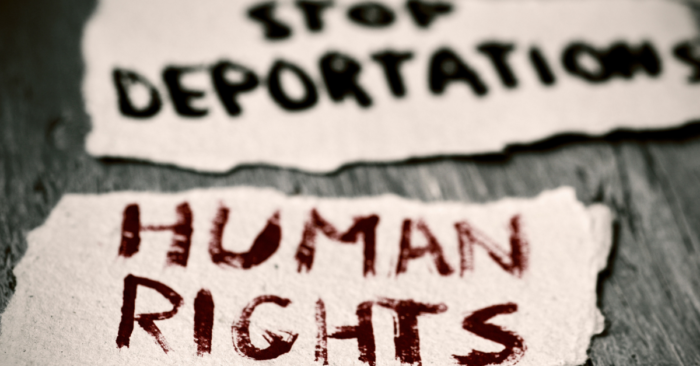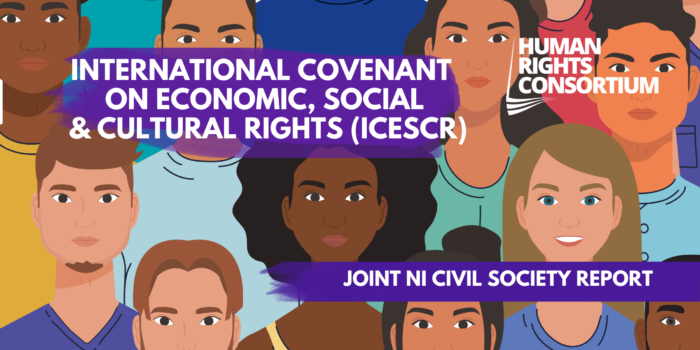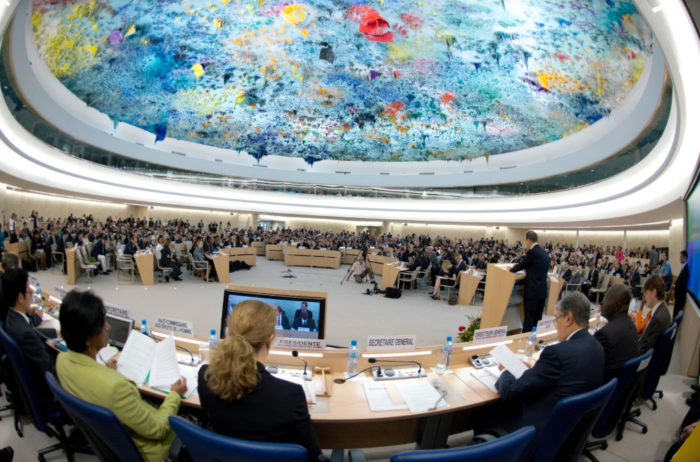The Human Rights Consortium is dedicated to helping develop a society based on human rights. Our work focuses on ensuring that laws are developed in alignment with recognized international legal standards. These standards are drawn from various United Nations and European conventions and charters, all of which have been endorsed by the UK government.
International human rights standards encompass a set of universally recognized norms and principles that safeguard the inherent dignity and rights of all individuals. These standards are established through human rights treaties negotiated and adopted by the United Nations (UN). As a coalition of organizations, the Consortium actively supports civil society participation, coordination, advocacy and monitoring of these international standards.
Our Activities
Monitoring and advocacy on implementation: Holding authorities accountable for adhering to these standards.
Evaluating and enhancing engagement & participation: Encouraging active involvement in human rights matters.
Awareness raising: Educating the public and stakeholders about human rights standards.
UN Treaties and Obligations
There are several United Nations treaties which the United Kingdom have committed to upholding.
The duty to apply these obligations therefore extends to Northern Ireland.
Universal Declaration of Human Rights (UDHR):
Treaties
States commit to human rights obligations by ratifying international treaties. These treaties include:
-
ICESCR
The International Covenant on Economic, Social and Cultural Rights – Protects economic, social, and cultural rights.
-
ICCPR
The International Covenant on Civil and Political Rights – Safeguards civil and political rights.
-
CEDAW
The Convention on the Elimination of All Forms of Discrimination against Women – Addresses gender discrimination.
-
ICERD
The International Convention on the Elimination of All Forms of Racial Discrimination – Combats racial discrimination.
-
CRC
The Convention on the Rights of the Child – Focuses on children’s rights.
-
CRPD
The Convention on the Rights of Persons with Disabilities – Ensures rights for persons with disabilities.
-
CAT
The Convention against Torture and other Cruel, Inhuman or Degrading Treatment or Punishment – Prohibits torture and cruel treatment.
Enforcement and Mechanisms:
- States must respect, protect, and fulfill human rights.
- Domestic laws align with treaty obligations.
- Complaint mechanisms at regional and international levels address violations.
International human rights standards provide a framework for promoting and safeguarding the rights and freedoms of all individuals globally.
Why they are important
International human rights standards play a crucial role in safeguarding the rights and dignity of individuals across the globe. Here are some reasons why they are essential:
-
Protection
These standards provide a protective framework for individuals, ensuring that their fundamental rights are respected by governments, institutions, and other entities.
-
Equality and Non-Discrimination:
International human rights norms emphasize equality and prohibit discrimination based on factors such as race, gender, religion, or disability. They promote a fair and just society where everyone has equal opportunities.
-
Accountability
By adhering to these standards, governments and organizations are held accountable for their actions. Individuals can seek redress when their rights are violated.
-
Empowerment
Awareness of human rights empowers individuals to assert their rights and advocate for justice. It encourages active participation in civic life.
-
Peace and Stability:
Respect for human rights contributes to peace and stability. Societies that uphold these standards are less likely to experience conflict and violence.
-
Global Solidarity
International human rights standards foster a sense of global solidarity. They remind us that human rights are universal and interconnected, transcending borders.
In summary, these standards serve as a compass, guiding individuals toward a world where dignity, freedom, and justice prevail.




